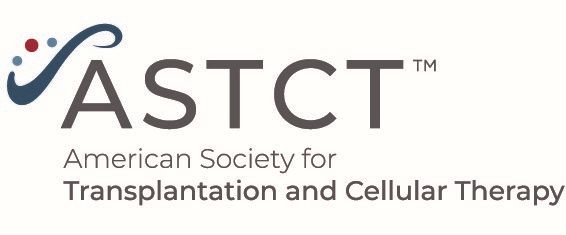
Optimizing Haploidentical Hematopoietic Stem Cell Transplantation: Enhancing Outcomes in Hematologic Malignancies in Resource-Limited Settings

Researchers demonstrated that haplo-HSCT, combined with post-transplant cyclophosphamide, is a feasible and effective treatment for hematologic malignancies even in resource-limited settings.
Researchers from Siriraj Hospital, Mahidol University in Thailand demonstrated that haploidentical hematopoietic stem cell transplantation (haplo-HSCT), combined with post-transplant cyclophosphamide (PTCy), is a feasible and effective treatment for hematologic malignancies even in resource-limited settings. In their study of eight patients, seven remained alive and in remission at a median follow-up of 7.7 months post-transplant. All patients successfully achieved neutrophil engraftment (median 15 days), and platelet engraftment occurred at a median of 21 days, with a manageable incidence of acute and chronic graft-versus-host disease (GVHD).
The rationale for this study was based on the limited availability of matched sibling or unrelated donors in Thailand, where financial constraints significantly restrict access to advanced transplant methods. Only approximately 20% of local patients could find fully matched donors, prompting researchers to explore haploidentical HSCT as a viable alternative. The team adopted an unmanipulated peripheral blood stem cell protocol combined with a reduced-intensity or myeloablative conditioning regimen and PTCy-based GVHD prophylaxis. This approach aimed to mitigate common complications such as GVHD, graft rejection, and cytokine release syndrome (CRS), while considering local resource limitations and financial constraints.
The results indicated satisfactory clinical outcomes, despite all patients developing mild to moderate CRS, primarily resolving after PTCy administration. Only two patients required additional intervention with tocilizumab for more severe CRS. Acute GVHD occurred in 25% of patients, including one moderate case, while only one patient developed mild chronic GVHD. Cytomegalovirus reactivation was observed in half of the patients but was controlled effectively with antiviral treatment. Cost analysis revealed that haplo-HSCT had slightly higher average costs ($34,311) compared to matched donor HSCT ($26,299), but provided crucial treatment access. The researchers concluded that haplo-HSCT could significantly improve patient outcomes in developing countries if integrated into broader national healthcare coverage.
Reference
Owattanapanich W, Karoopongse E, Kittivorapart J, et al. Optimizing Haploidentical Hematopoietic Stem Cell Transplantation: Enhancing Outcomes in Hematologic Malignancies in Resource-Limited Settings. J Blood Med. 2025;16:151-161. doi.10.2147/JBM.S511039
Newsletter
Stay up to date on recent advances in the multidisciplinary approach to cancer.





































